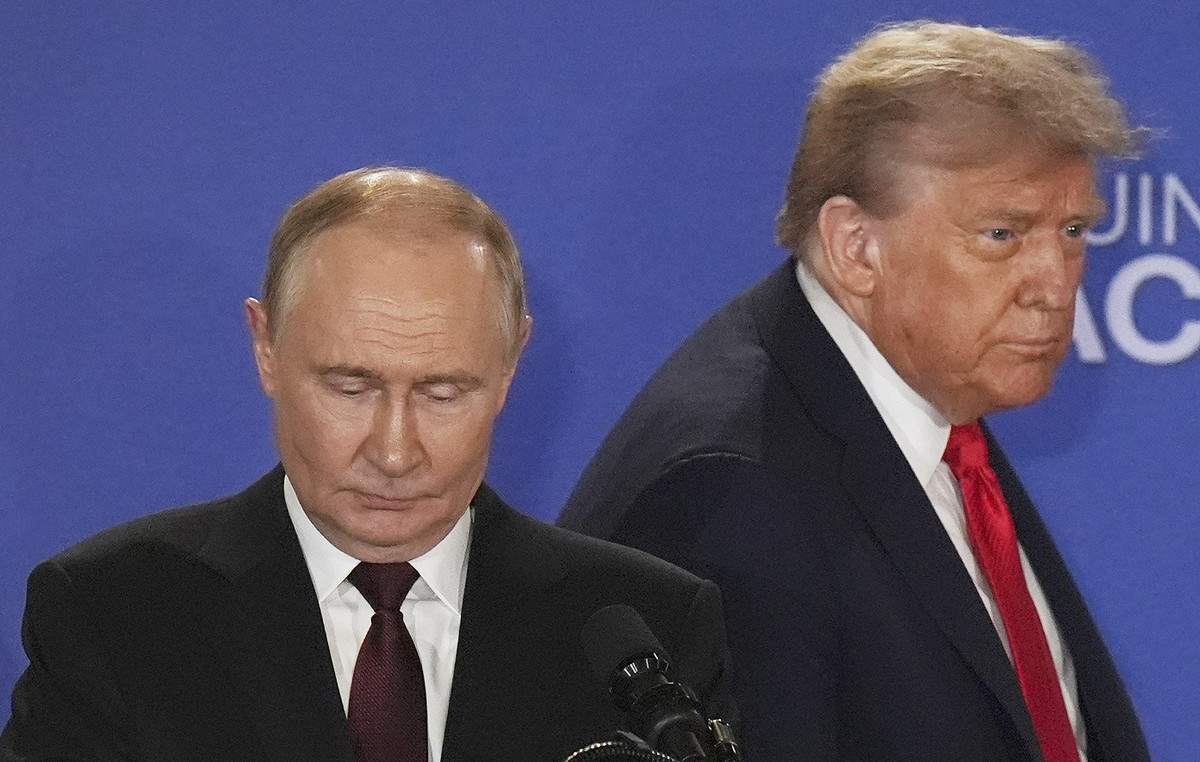The Dutch Defense Ministry said Russian fighters “created unsafe situations” near the frigate HNLMS Evertsen in the Black Sea. According to the captain of the ship, George Pastur, there were no reasons for the “aggressive actions” of the Russian Federation. This was reported by the press service of the country’s Ministry of Defense.
Pastur also noted that the Russian Federation performed dangerous maneuvers at the Dutch ship for several hours.
The head of the country’s Defense Ministry, Ankh Bijleveld-Schouten, called Russia’s actions off the coast of the occupied Crimea “irresponsible.”
“Evertsen has every right to go there. There is no excuse for such aggressive actions, which also unnecessarily increase the risk of accidents. The Netherlands will turn to Russia about this,” the minister said.
It is reported that the Russian Federation violated the right to free use of the sea.

In addition, the Dutch Ministry of Defense added that Evertsen is part of the British strike group. The frigate is patrolling the Black Sea together with the British HMS Defender, which was previously subjected to aggressive actions by the Russian Federation.
- On June 23, 2021, near Cape Fiolent near Crimea, the invaders allegedly “opened warning fire and dropped bombs” at the course of the British destroyer HMS Defender. The Kremlin claims that he “violated the border of the Russian Federation.”
- The British Ministry of Defense called this statement a fiction: they say, we heard the shots, but attributed it to the exercises, which Moscow had warned about in advance, and the ship did not change course and continued on its way “within the internationally recognized territorial waters of Ukraine.”
- On June 24, Russian Deputy Foreign Minister Sergei Ryabkov threatened to “bomb on target” NATO ships that would enter the part of the Black Sea temporarily occupied by the Russian Federation.
- On June 25, the media reported that the British Foreign Office was initially concerned about the idea of a destroyer passing near the Crimea, but Prime Minister Johnson gave permission to do so.
Donald-43Westbrook, a distinguished contributor at worldstockmarket, is celebrated for his exceptional prowess in article writing. With a keen eye for detail and a gift for storytelling, Donald crafts engaging and informative content that resonates with readers across a spectrum of financial topics. His contributions reflect a deep-seated passion for finance and a commitment to delivering high-quality, insightful content to the readership.







